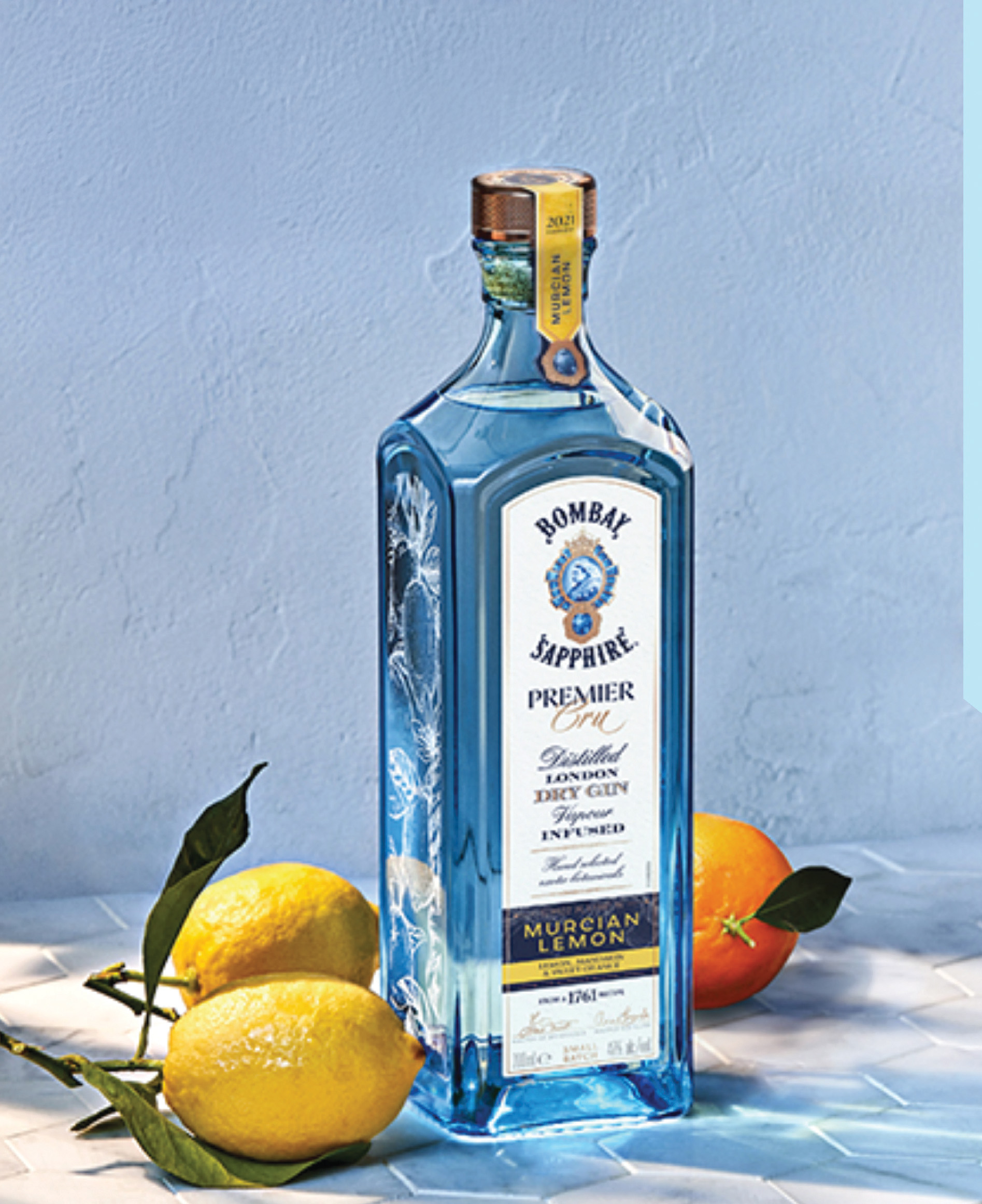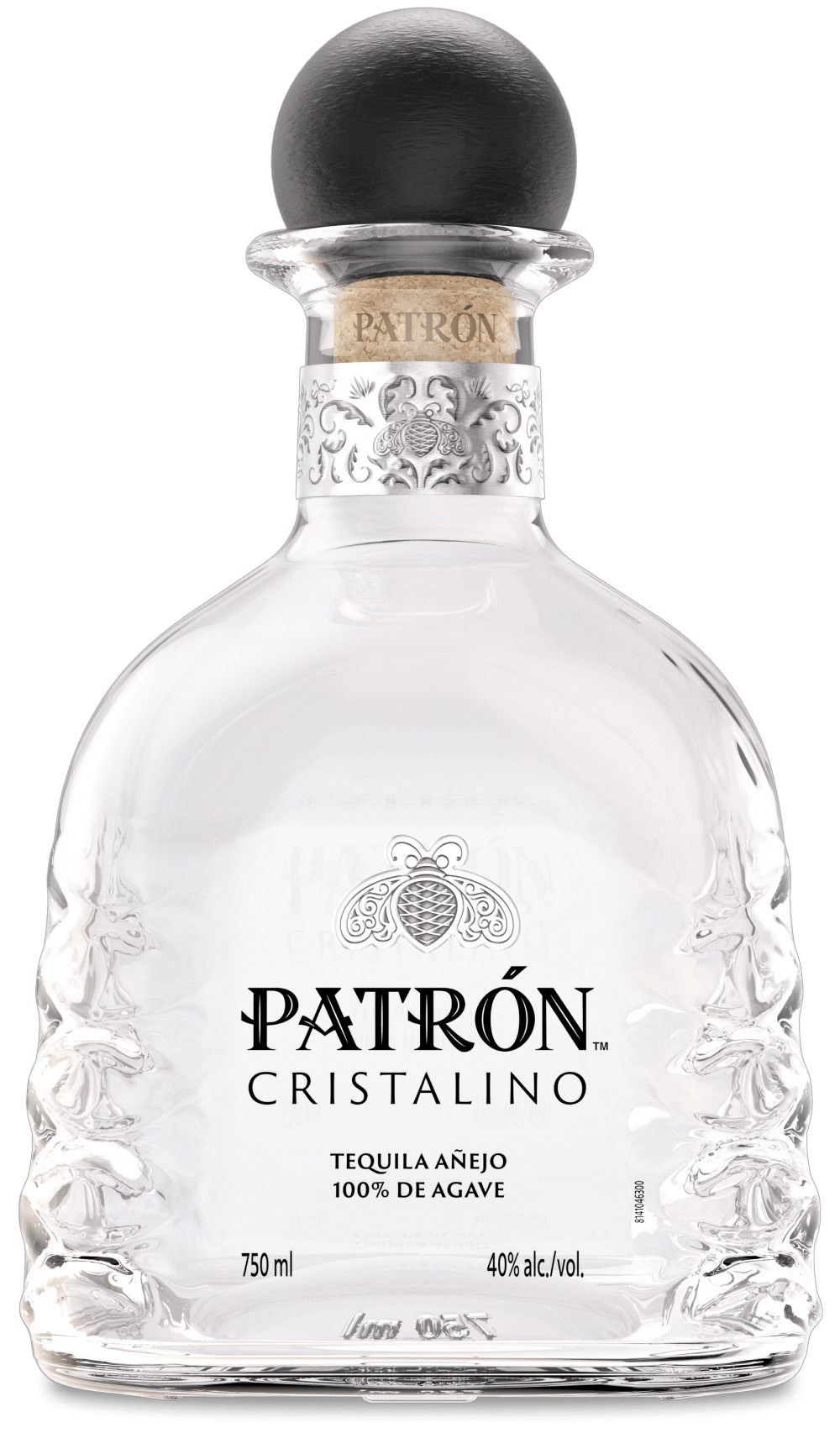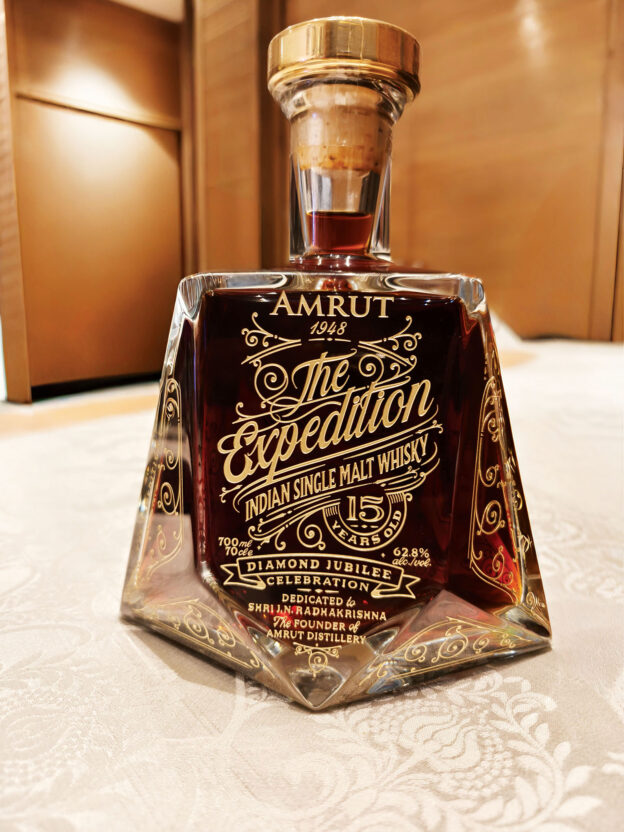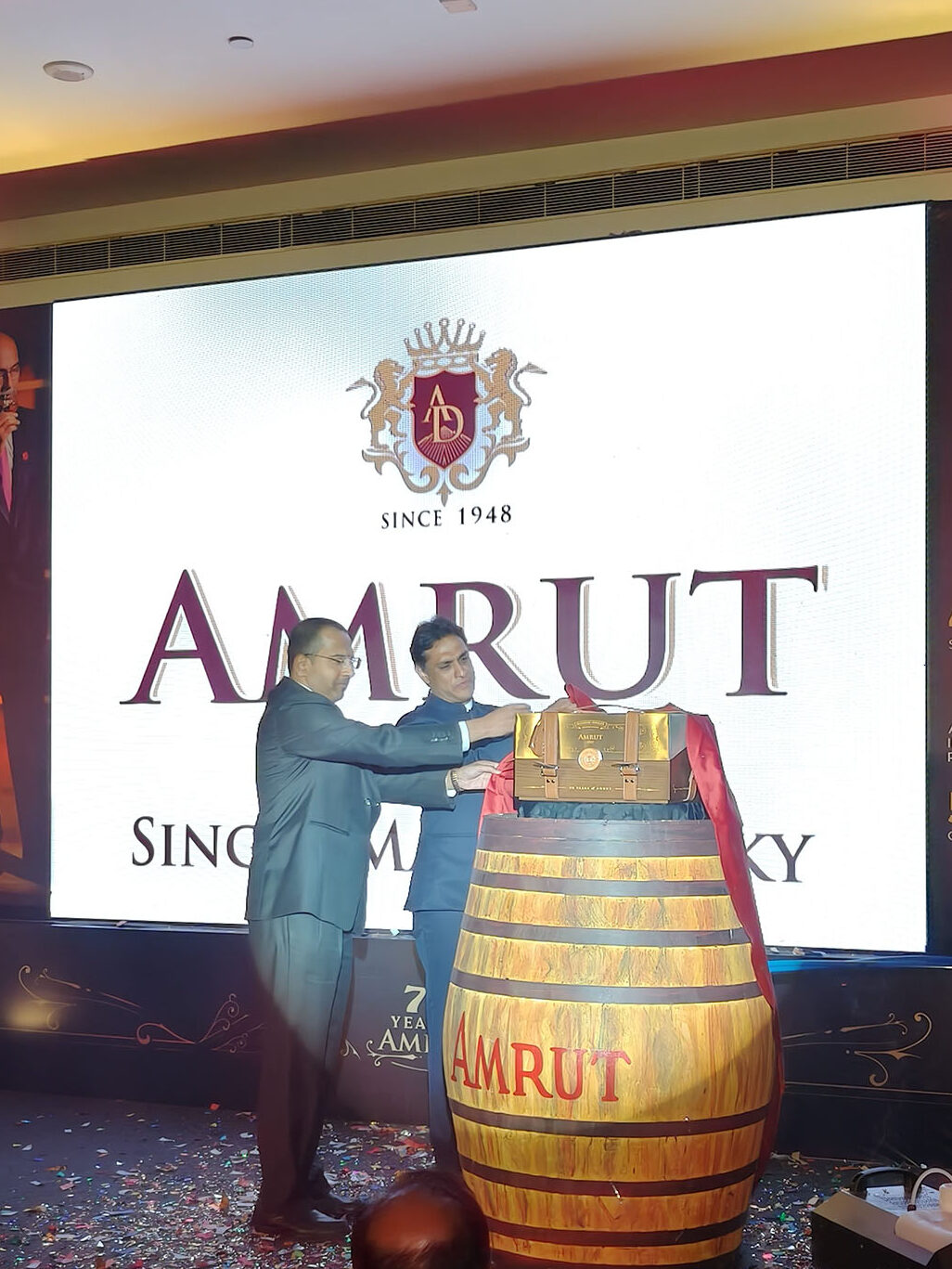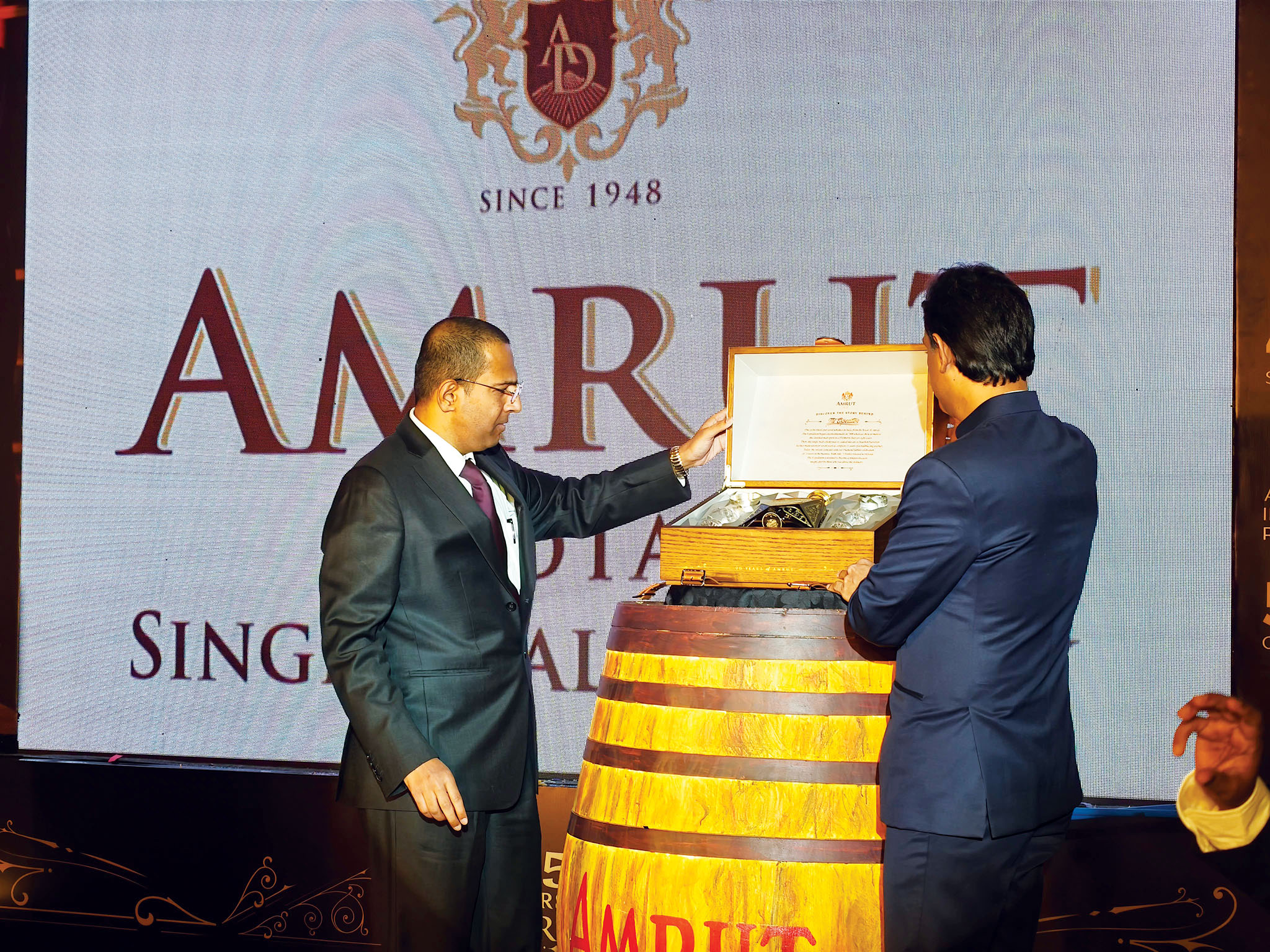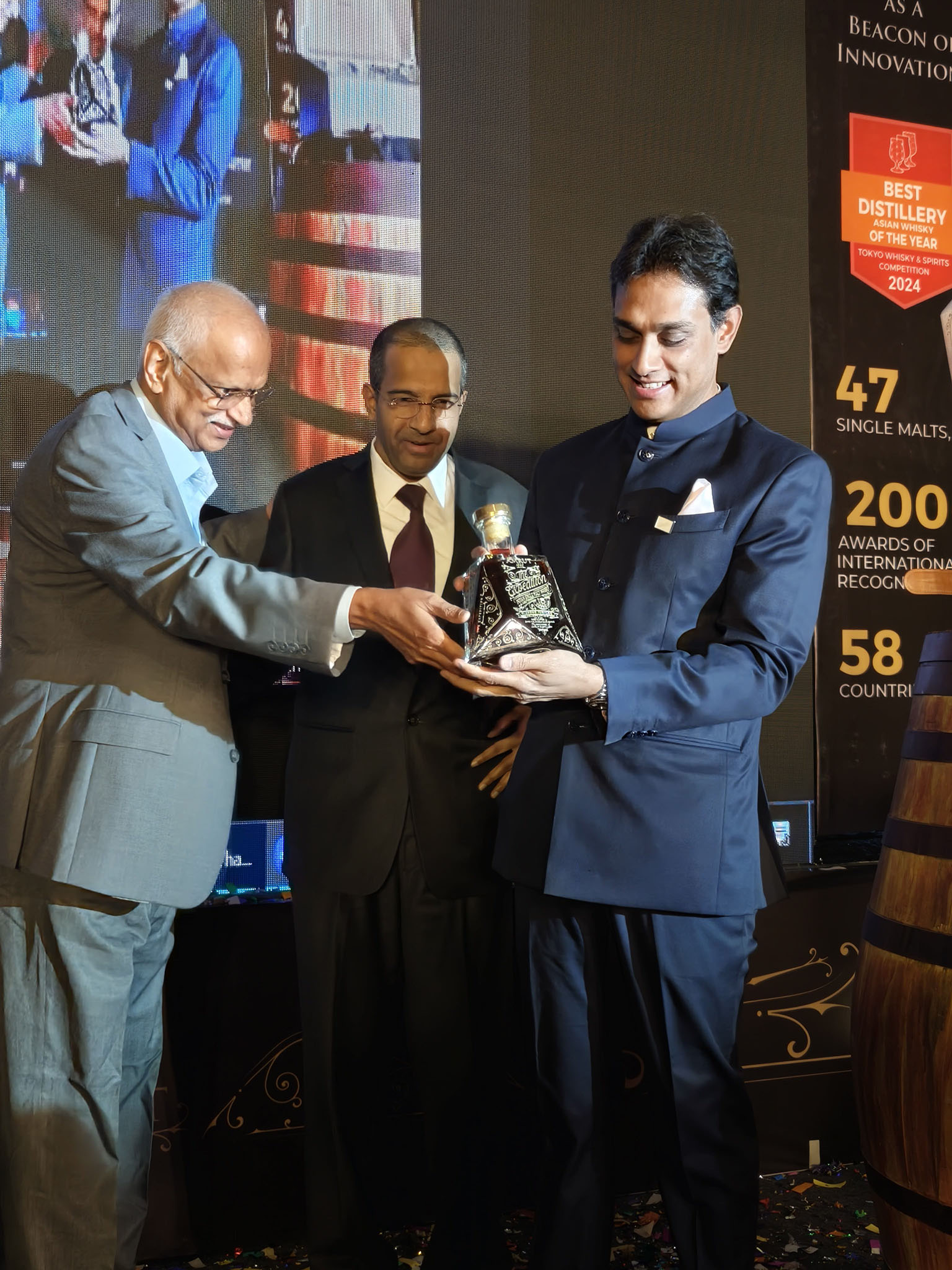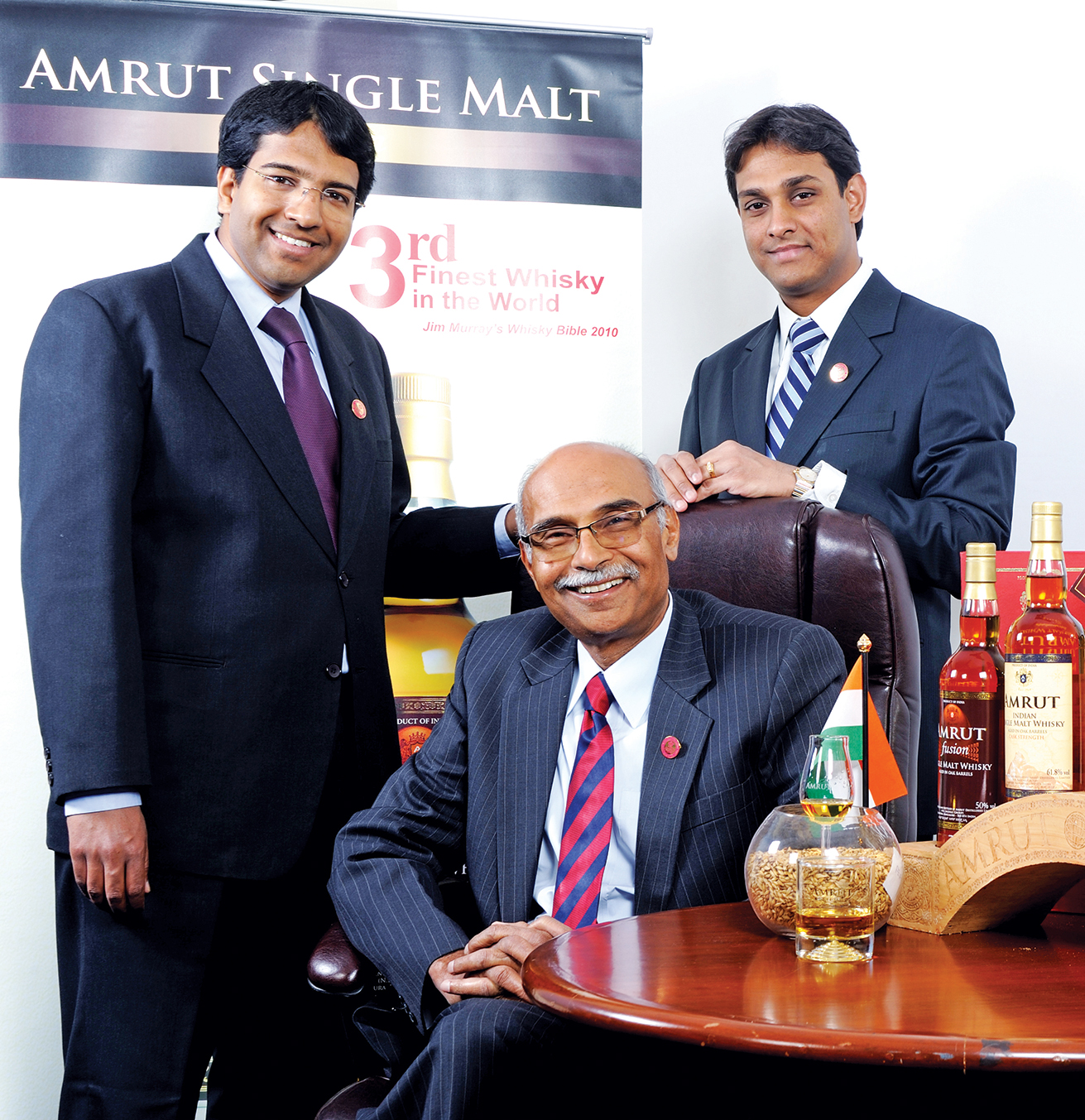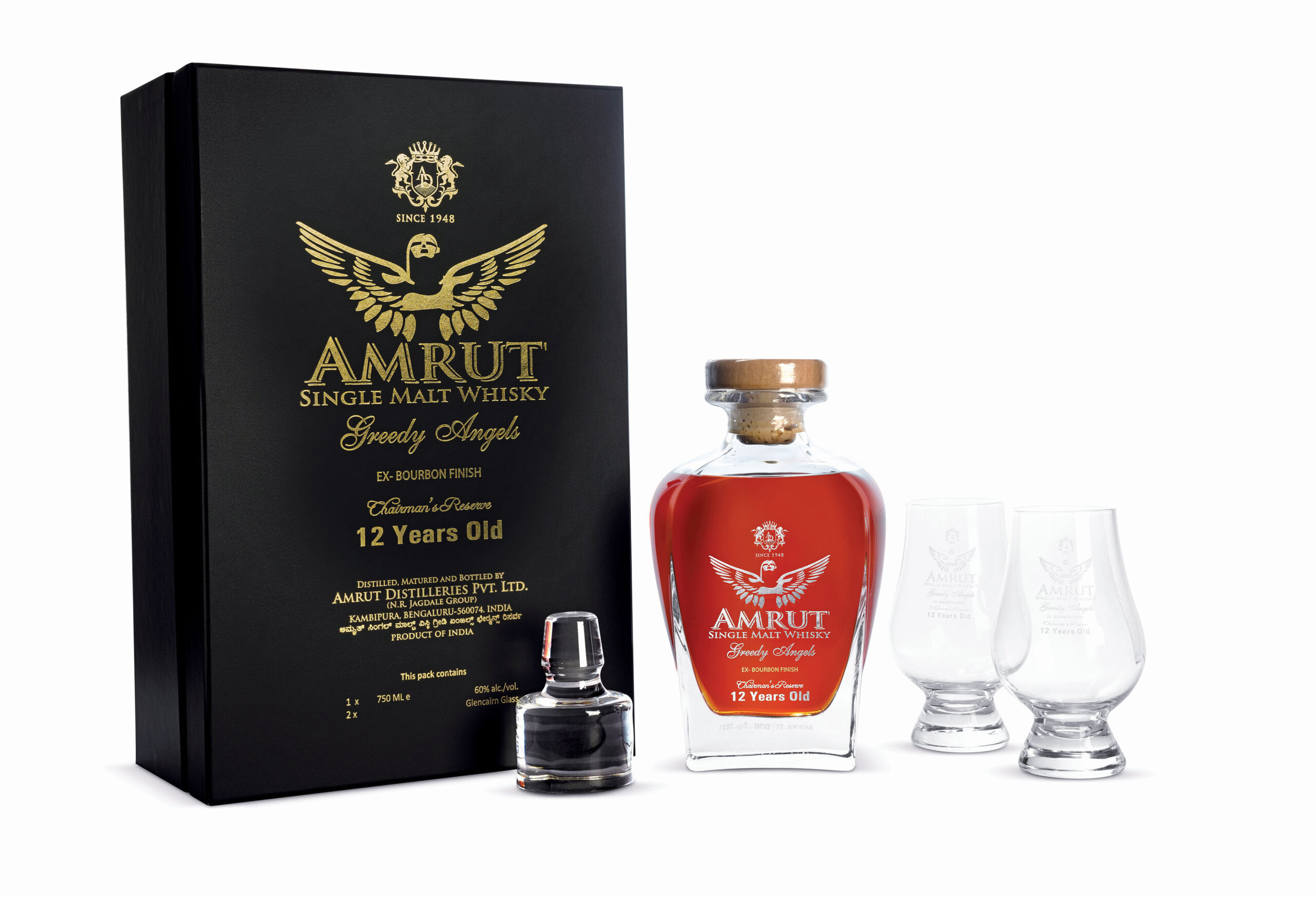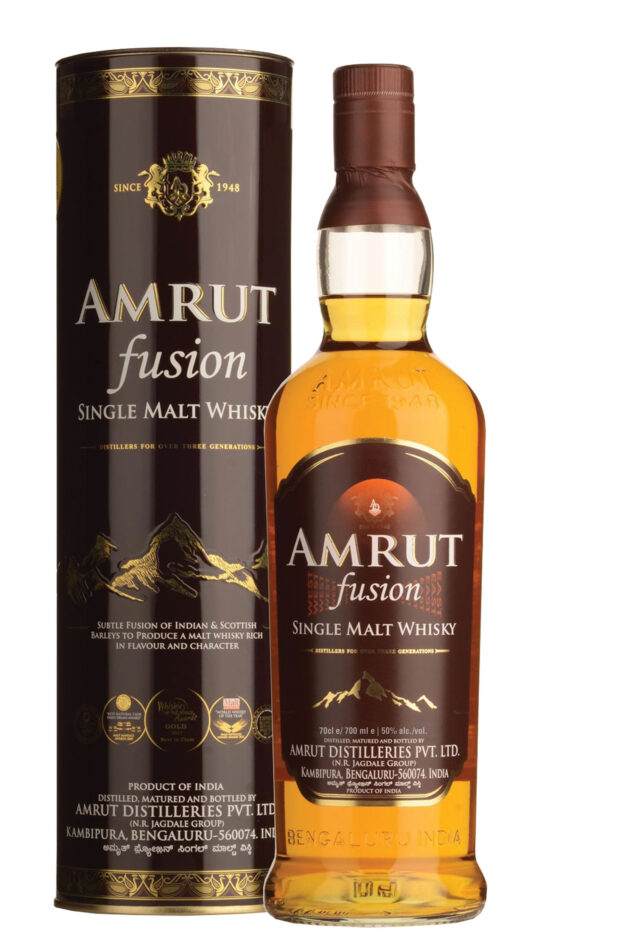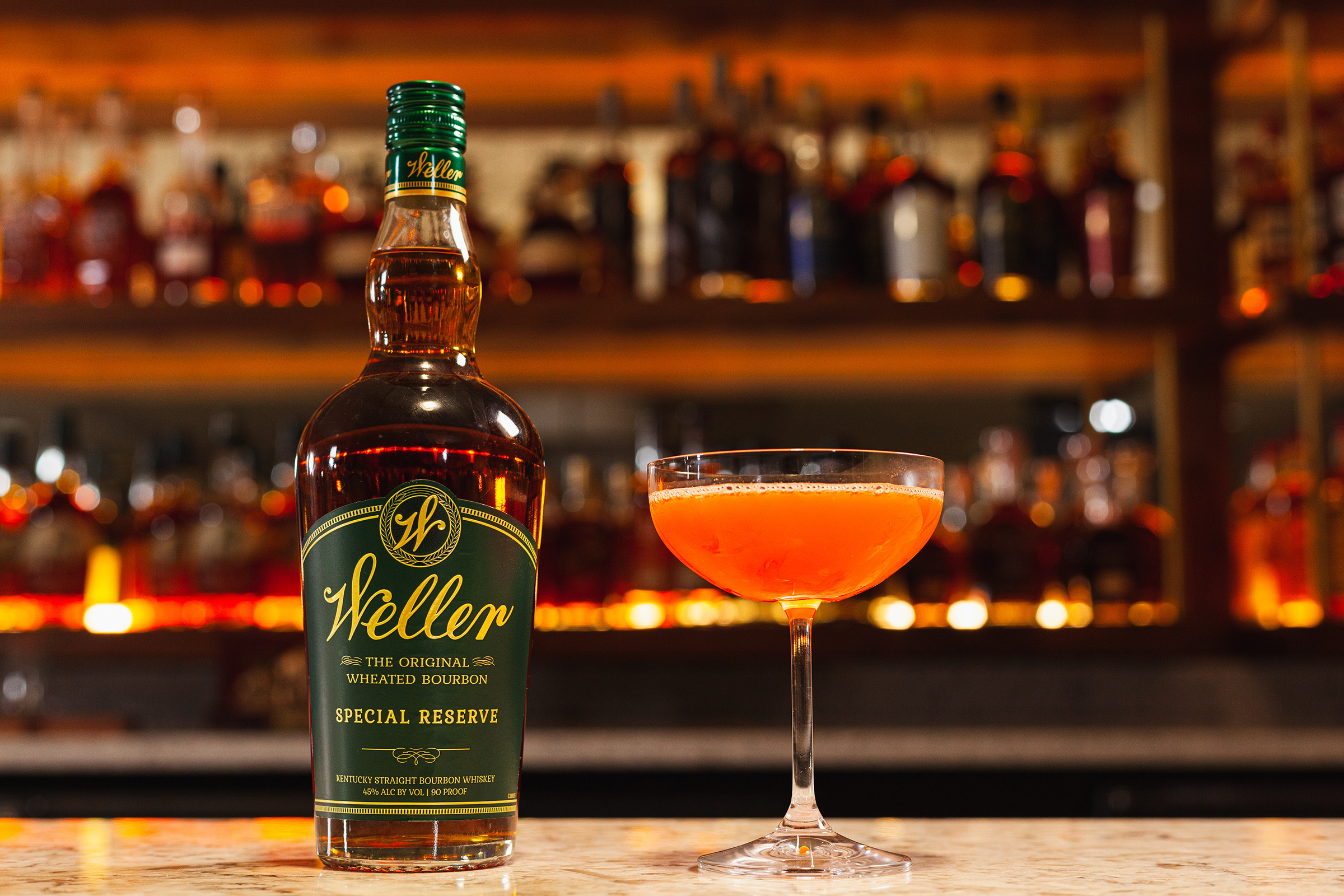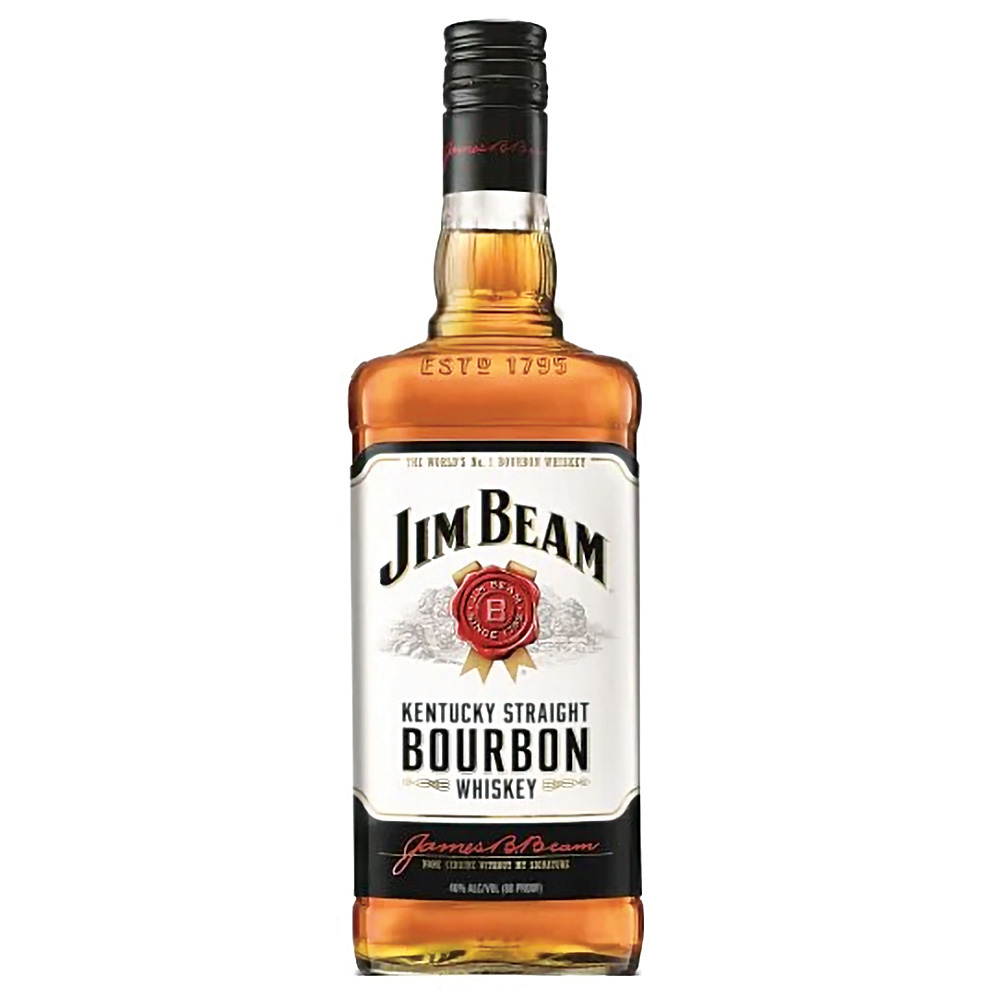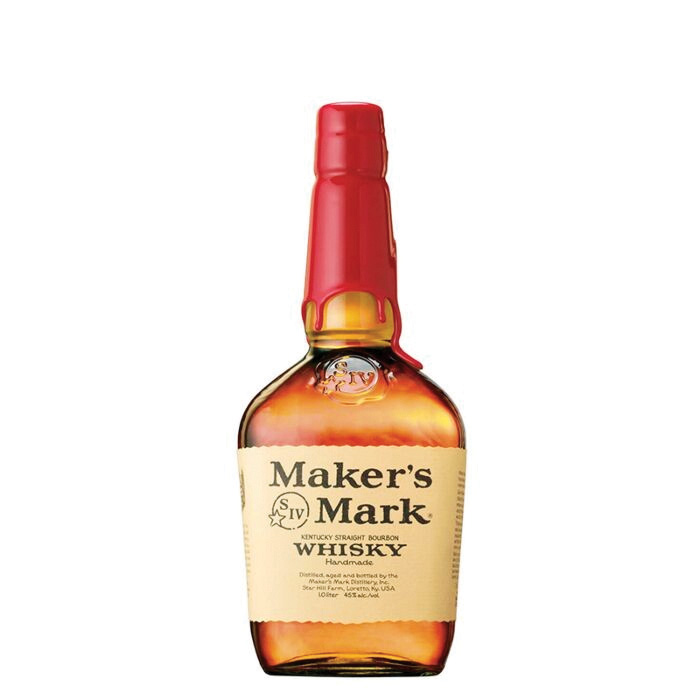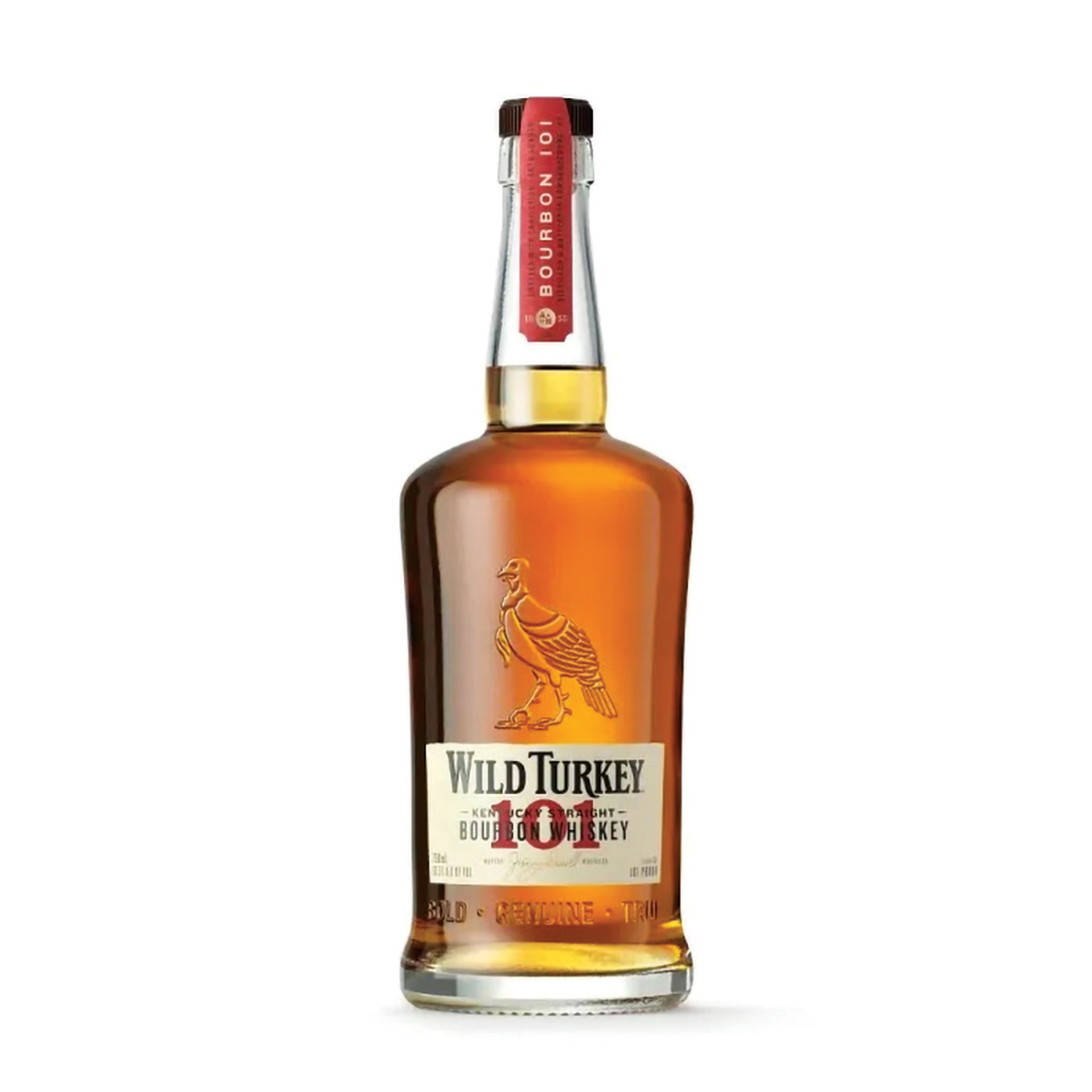Bacardi Limited, the world’s largest privately held international spirits company with a portfolio comprising over 200 brands and labels. In a conversation with Bhavya Desai on a podcast, Vinay Golikeri, Managing Director of Bacardi India explains why India is a key market for Bacardi and more. Excerpts:
The market opportunities in India, both from a macro-economics and spirits perspective, are huge. Substantiating this Golikeri said, “In the global market place, premium spirits account for 50% of brands, while in India it is 5 to 6%, which means there is ample headroom to premiumise.” In India, between 2020 and 23, premium spirits had a growth of over 40% while globally it was around 7 to 8%.
Adding 20 million LDA every year
As regards Bacardi, Golikeri mentioned that vast majority of products were premium and ‘we have a long runway of growth for premium’ aided by factors such as rising affluence, consumers are drinking better, the demographic dividend (every year India is adding 20 million coming in to the legal drinking age (LDA) bracket), sea change in the retail environment, top notch bars, trading up is happening across price points. “Put all that together, the premium plus segment is really accelerating.” The median LDA in India is 28 whereas in the US and China it is over 40. “The number of affluent households is expected to more than double from 77 million in 2020 to over 177 million by 2030.”
Inflation-linked price mechanism needed
However, he said that two things from the regulators were essential – ease of doing business and consistency in policy, both of which will go a long way in driving growth for the industry and revenues for the government. “Several States have not given price increases for years. There is inflation and cost of raw material has gone up, affecting investment capabilities. The government should introduce inflation-linked price mechanism.”
With the alcobev sector in India being a highly regulated and complex market, Golikeri said, “It is like dealing with 28 countries rolled into one, policies change every year, route to market changes every year.” Taxes and duties are about 65 to 70% of the MRP (maximum retail price) and the rest goes to each level of the chain – wholesale, retail and brand owners. “Our taxes are significantly higher than anywhere in the world. We need inflation-linked pricing mechanism. We need to invest to grow the brand and for that to happen, price becomes critical.”
Best 10 Strategy
Continuing on Bacardi’s plans in India, Golikeri pointed out, “We started out in India in 1997-98 with Bacardi rum, then in early 2000s with Bacardi Breezer, mid 2010 with Bombay Sapphire, Grey Goose and a few years back with Patron. It’s being a great run. Bacardi India is an engine of growth for Bacardi globally.
“We at Bacardi are going along with our Best 10 strategy… that is making the next 10 years the best ones yet. We want to grow our India business six times by 2030. We have been having strong double-digit growth and we are on track. Experiential marketing is key for us. It is going to continue in importance as a growing number of consumers are experience-seeking. It is going to be equally about experience as much as the product.”
Cocktail Culture Evolution in India
“The bar scene in India has changed considerably, not just in metro, but also in Tier 2 cities. There is a lot of experimentation and we are seeing real evolution of the cocktail culture. It is not just Mumbai or Delhi. Recently, I had been to a bar in Guwahati and If I showed you their cocktail menu, you would think it was some bar in London or New York. Our products are positioned at half of the cocktail culture. This is an interesting opportunity for us to leverage the cocktail culture.”
Golikeri cited the sixth annual Bacardi Cocktail Trends Report, which identifies the five key trends poised to reimagine cocktail culture and the spirits industry in 2025. The report, created in collaboration with The Future Laboratory (TFL), draws on data from Bacardi-led and external research, consumer surveys, bartender interviews and TFL insights to reveal the movements that are influencing cocktail experiences, flavour profiles, and culture the coming year.
Quoting Mahesh Madhavan, the Bacardi CEO, Golikeri said the company has embraced the shift from consumption to curation, where consumers are not just seeking drinks, but meaningful experiences enjoyed over a cocktail.
Do What Moves You
Bacardi has launched a marketing push to launch its brand purpose ‘Do What Moves You’, which aims to “shine a spotlight on the brand’s belief in the power of self-expression”. “It has music experience, delicious cocktails, wonderful merchandise, its 360 degrees, bringing all together to a compelling experience. We amplify that digitally where a few experience, but gets seen by many.”
Legacy, Made in India
Talking about ‘Legacy’ whisky, the make-in-India product, Golikeri said its ‘tested, researched and produced in India’. “We have put the consumer in the heart of it. We have had strong results from the consumer to the product. We initially went into three States – Maharashtra, Uttar Pradesh and Telangana and we know we have a winner on hand. We will be rolling out in other states too and Legacy is a response to vocal for local.” The roll out plans include Goa, Pondicherry, Jharkhand, Odisha, Meghalaya, Assam, Tripura, Arunachal Pradesh, Kerala, and Rajasthan. The focus, Golikeri said, is going to be on Legacy, Irish whiskey brand Teeling; tequila brand Patron El Cielo, and vodka brand Grey Goose Altius.
However, he said that Bacardi rum which was introduced in 1997-98 continues to be popular. “For Bacardi Breezer, the main player in the RTD (ready to drink) segment, the market share in India is 90%. Launched in 2002-03, it is a great liquid and has had good activations. We had the winning recipe. We were an early entrant and we have cemented the product.”
Three F’s that Drive Bacardi culture
Asked about his experience so far in India, he said, “I came from Dubai in early 2023 and the first few months, I just travelled across the country, visiting almost all states, meeting with our teams, stakeholders and also consumers. It was an exercise to understand the challenges, the market and to help shape our strategy. I put all this on paper and took it to our board of directors. One of the learnings from the travels has been there is incredible opportunity for Bacardi to grow here.”
The company, he adds, encourages entrepreneurial mindset and helps in taking bold decisions, all coming from Bacardi’s focus on three F’s – Family; Founders and Fearless. “In Bacardi everyone is treated as family. We are all ‘Primos’ (cousins in Spanish), where we care for each other and help in making bold decisions. We are all a passionate team of Primos.”
India, Golikeri adds, contributes hugely not just in terms of business, but also as a global talent hub. Bacardi has so many career programmes and India is a key pillar when it comes to talent sourcing.


